

Remac Tablet, Clarithromycin 500 mg
Inhouse product
-
৳11.40
৳12.00 -
৳42.75
৳45.00 -
৳16.63
৳17.50 -
৳2.14
৳2.25
Reviews & Ratings
Indications
Remac is indicated for
the treatment of-
- Acute bacterial exacerbation of
chronic bronchitis in adults
- Acute maxillary sinusitis
- Community-acquired pneumonia
- Pharyngitis or tonsillitis
- Uncomplicated skin and skin
structure infections
- Acute otitis media in pediatric
patients
- Treatment and prophylaxis of
disseminated mycobacterial infections
- Helicobacter pylori infection
and duodenal ulcer disease in adults
* রেজিস্টার্ড চিকিৎসকের পরামর্শ মোতাবেক ঔষধ সেবন করুন'
Pharmacology
Clarithromycin acts by
inhibiting microsomal protein synthesis in susceptible organisms mainly by
binding to the donor site on the 50S subunit of the bacterial ribosome and
preventing translocation to that site. Clarithromycin is active against most
Gram-positive bacteria and Chlamydia, some Gram-negative bacteria and
Mycoplasmas. Clarithromycin's activity is the same as, or greater than, that of
Erythromycin in vitro against most Gram-positive bacteria. Clarithromycin is
more acid-stable than Erythromycin and therefore, is better tolerated.
Clarithromycin has twice the activity of Erythromycin against H. influenzae.
Most species of Gram-negative bacteria are resistant to Clarithromycin because
of failure to penetrate the target.
Dosage & Administration
Adults:
- Acute bacterial
exacerbation of chronic bronchitis:
250 mg to 500 mg every 12 hours for 7 to 14 days.
- Acute maxillary
sinusitis: 500 mg every 12 hours for 14
days.
- Community-acquired
pneumonia: 250 mg every 12 hours for 7
to 14 days.
- Pharyngitis or
tonsillitis: 250 mg every 12 hours for 10
days.
- Uncomplicated
skin and skin structure infections:
250 mg every 12 hours for 7 to 14 days.
- Treatment and
prophylaxis of disseminated Mycobacterium avium disease: 500 mg every 12 hours until the patient is considered
at low risk of disseminated infection.
Combination dosing
regimens for H. pylori infection:
Triple therapy: Clarithromvcin/lansoprazole/amoxicillin: The recommended adult dosage is 500 mg
clarithromycin, 30 mg lansoprazole and 1 g amoxicillin, all given every 12
hours for 10 or 14 days.
Triple therapy:
Clarithromycin/omeprazole/amoxicillin: The recommended adult dosage is 500 mg clarithromycin, 20 mg
omeprazole and 1 g amoxicillin; all given every 12 hours for 10 or 14 days. In
patients with an ulcer present at the time of initiation of therapy, an
additional 14 or 18 days of omeprazole 20 mg once daily is recommended for
ulcer healing and symptom relief.
Dual therapy:
Clarithromycin/omeprazole:
The recommended adult dosage is 500 mg clarithromycin given every 8 hours and
40 mg omeprazole given once every morning for 14 days. An additional 14 days of
omeprazole 20 mg once daily is recommended for ulcer healing and symptom
relief.
Children: The recommended daily dosage is 15 mg/kg/day
divided every 12 hours for 10 days. For treatment and prophylaxis of
mycobacterial infections in pediatric patients, the recommended dose is 7.5
mg/kg every 12 hours up to 500 mg every 12 hours.
Renal and hepatic
impairment: Clarithromycin is
principally excreted via the liver and kidney. Clarithromycin may be
administered without dosage adjustment to patients with hepatic impairment and
normal renal function. However, in the presence of severe renal impairment with
or without coexisting hepatic impairment, decreased dosaqe or prolonqed dosinq
intervals may be appropriate.
* রেজিস্টার্ড চিকিৎসকের পরামর্শ মোতাবেক ঔষধ সেবন করুন'
Interaction
Drug interaction with
medication: Remac is
contraindicated when co-administration with HMG-CoA reductase inhibitors (e.g.,
lovastatin and simvastatin), gastroprokinetic agents (e.g., cisapride), ergot
alkaloids (e.g., ergotamine and dihydroergotamine), antipsychotics (e.g.,
pimozide and quetiapine) and anti-gout agents (e.g., colchicine).
Antiarrhythmics drugs (e.g., disopyramide, quinidine, dofetilide, amiodarone,
sotalol and procainamide) are not recommended to use with Remac.
Contraindications
Clarithromycin is
contraindicated in patients with known hypersensitivity to clarithromycin,
erythromycin, any of the macrolide antibacterial drugs or any other components
of this product. It is also contraindicated in patients with a history of
cholestatic jaundice or hepatic dysfunction associated with prior use of
clarithromycin.
Side Effects
Remac is generally
well tolerated. Side effects include nausea, vomiting, diarrhoea and abdominal
pain. Stomatitis and glossitis have also been reported. Other side effects
include headache, allergic reactions ranging from urticaria and mild skin
reactions to anaphylaxis. Taste perversion may occur. There have been reports
of transient central nervous system side effects including anxiety, dizziness,
insomnia and hallucination.
Pregnancy & Lactation
The drug may be used
in neonates and children in appropriate doses. Breast milk from mothers
receiving Clarithromycin should not be given to infants until treatment is
completed. There is as yet little experience in the treatment of pregnant
patients and Clarithromycin is not recommended.
Precautions & Warnings
Remac should be
discontinued if severe acute hypersensitivity reactions occur. Remac should be
avoided in patients with known QT prolongation or receiving drugs known to
prolong the QT interval, ventricular arrhythmia, hypokalemia or hypomagnesemia,
significant bradycardia or taking Class IA or III antiarrhythmics. It should be
discontinued if signs and symptoms of hepatitis occur. There is an increased
risk of all-cause mortality one year or more after the end of treatment in
patients with coronary artery disease. Balancing this potential risk with the
treatment benefits should be considered when prescribing Remac in these
patients. If diarrhea occurs, the patient should be evaluated for Clostridium
difficile associated diarrhea (CDAD). Exacerbation of myasthenia gravis has
been reported in patients receiving Remac therapy.
Use in Special Populations
Use in children and
adolescents: The safety and
effectiveness of Remac have been established for the treatment of pharyngitis
or tonsillitis, community-acquired pneumonia, acute maxillary sinusitis, acute
otitis media, uncomplicated skin and skin structure infections in pediatric
patients 6 months and older. The safety and effectiveness of Remac have been
established for the prevention of disseminated Mycobacterium avium complex
(MAC) disease in pediatric patients 20 months and older with advanced HIV
infection. The safety of Remac has not been studied in MAC patients under the
age of 20 months. Safety and effectiveness of Remac in pediatric patients under
6 months of age have not been established.
Overdose Effects
Reports indicate that
the ingestion of large amounts of Remac can be expected to produce
gastro-intestinal symptoms. One patient who had a history of bipolar disorder
ingested 8 grams of Remac and showed altered mental status, paranoid behaviour,
hypokalemia and hypoxemia. Adverse reactions accompanying overdosage should be
treated by the prompt elimination of unabsorbed drug and supportive measures.
As with other macrolides, Remac serum levels are not expected to be appreciably
affected by haemodialysis or peritoneal dialysis.
Therapeutic Class
Macrolides
Storage Conditions
Store in a cool and
dry place, protected from light & moisture. The reconstituted suspension
must be used within 7 days if kept at room temperature and within 14 days when
stored in a refrigerator. Keep out of reach of children.
Frequently Bought Products
Iventi Tablet, Moxifloxacin Hydrochloride 400 mg
Rapiflo Capsule, Silodosin 4 mg
Secrin Tablet, Glimepiride 4 mg
Caloprid Tablet, Prucalopride Succinate 2 mg
Mevin Tablet, Mebeverine Hydrochloride 135 mg
Vori Tablet, Voriconazole 50 mg
Flugal Capsule, Fluconazole 50 mg
Product Queries (0)
Login Or Registerto submit your questions to seller
Other Questions
No none asked to seller yet
-
৳11.40
৳12.00 -
৳42.75
৳45.00 -
৳16.63
৳17.50 -
৳2.14
৳2.25
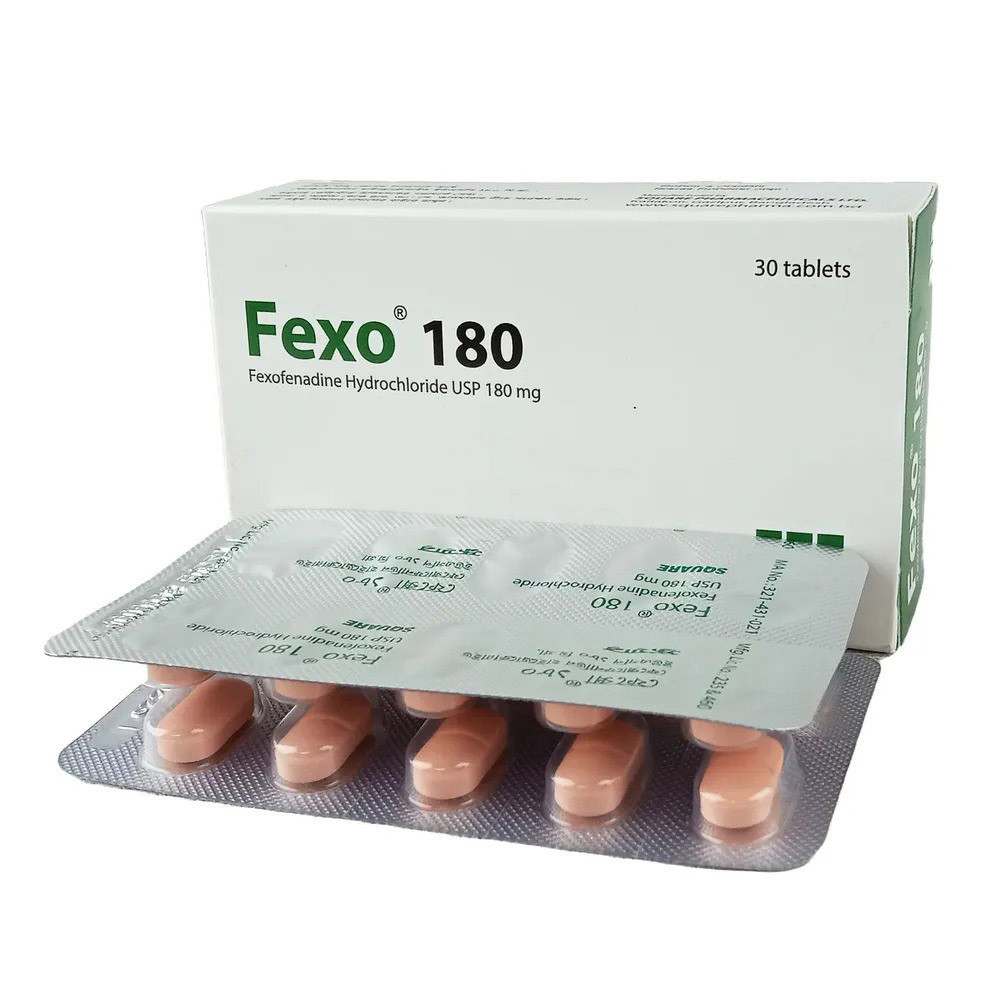


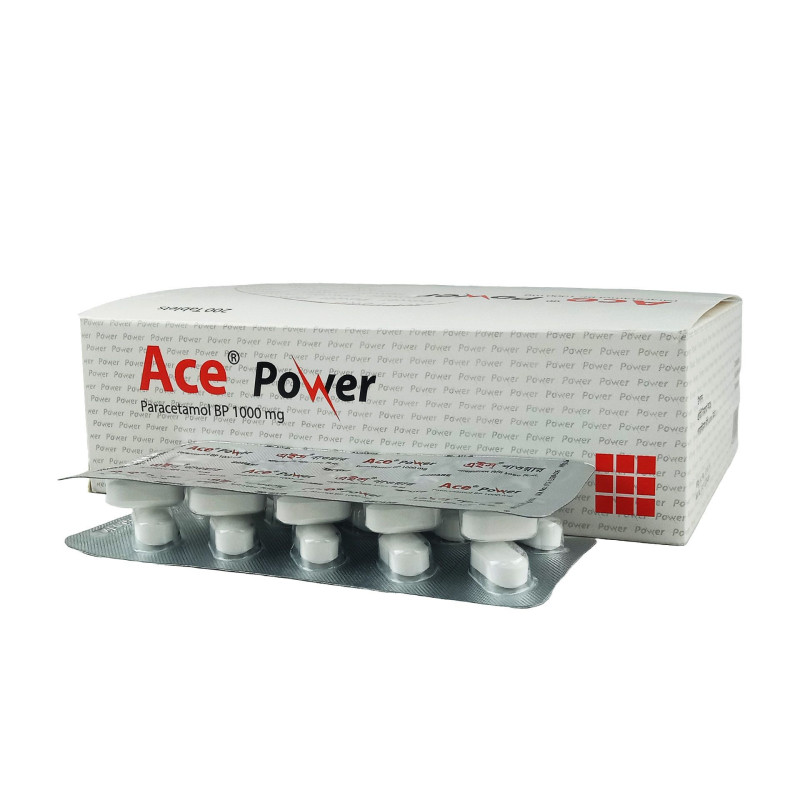
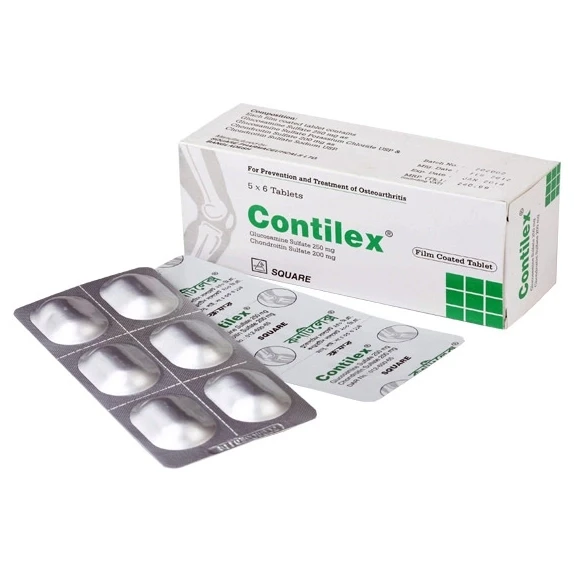
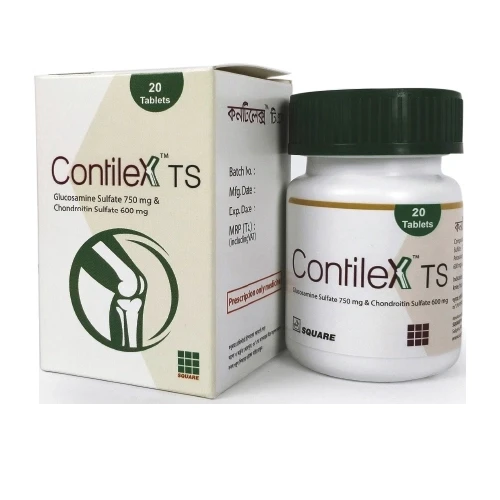

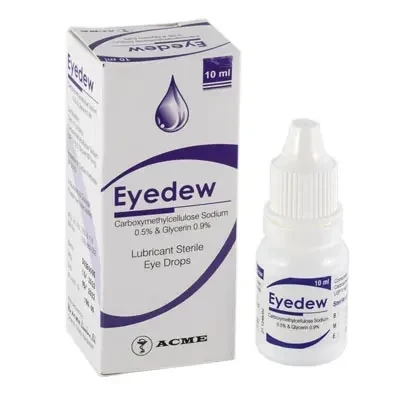




![Ceevit DS Chewable Tablet , Vitamin C [Ascorbic acid] 500 mg](https://skpharma.com.bd/public/uploads/all/eXq8X5azvNn8wHzNJQ792hnnpeDD9ooPP6DWmo2A.jpg)




